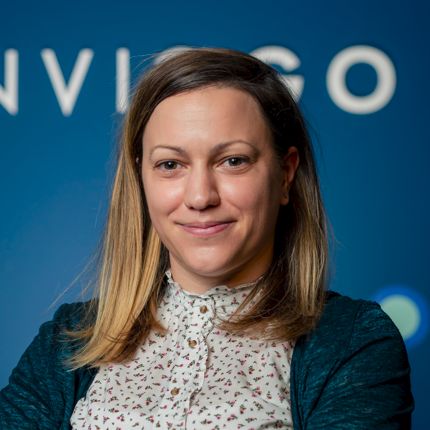1,730 reads
How to Jump-Start Your Career as a Junior Full-Stack Developer
by
June 15th, 2022
Audio Presented by

Fighting my own battles as a non-developer in the IT team :) Read a lot, and write less than I would like.
About Author
Fighting my own battles as a non-developer in the IT team :) Read a lot, and write less than I would like.
